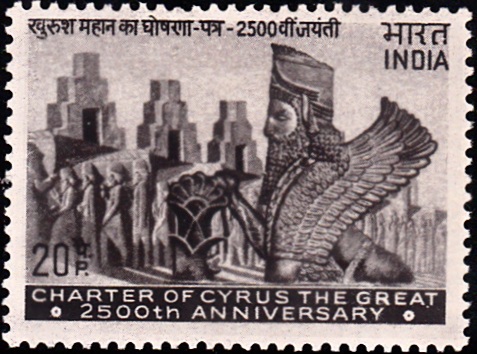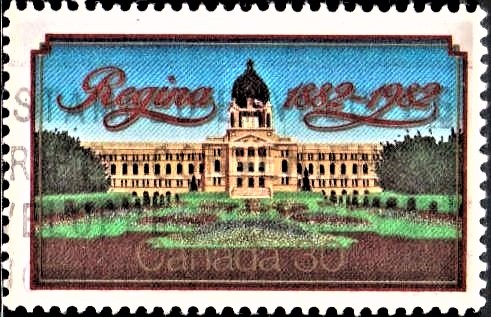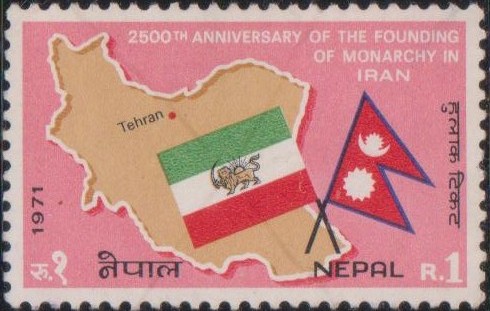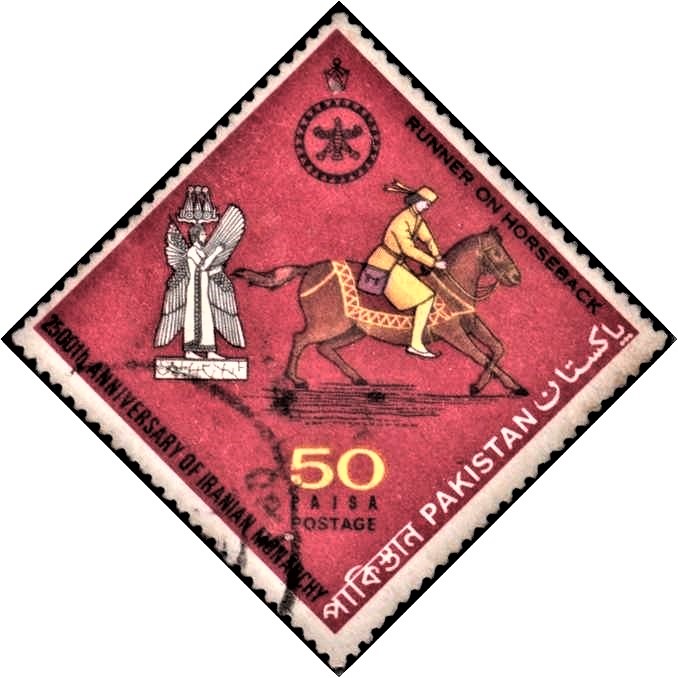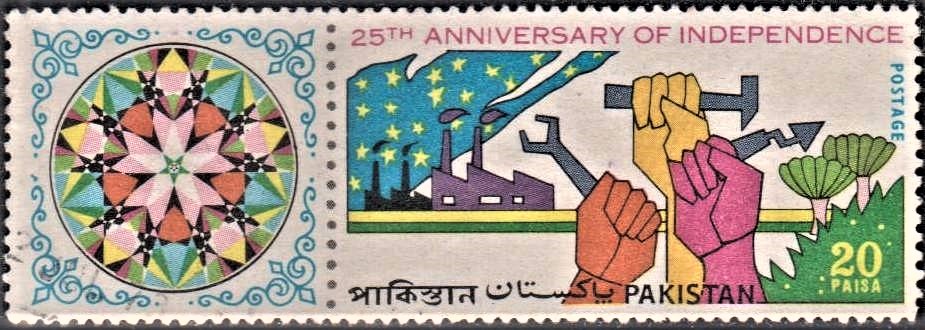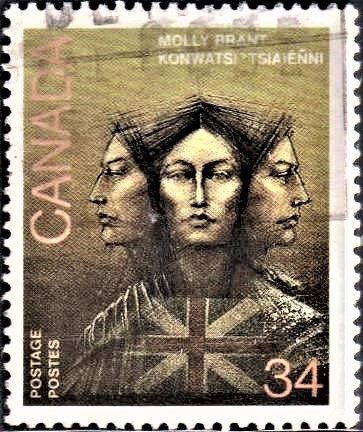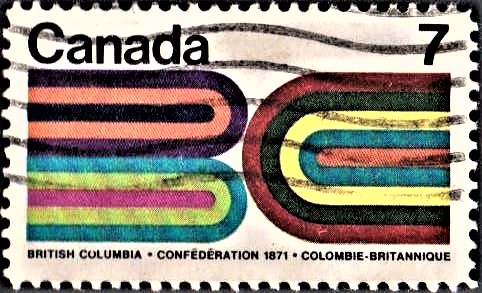
British Columbia’s Entry into Confederation
A commemorative postage stamp on the 100th Anniversary of British Columbia joining the Canadian Confederation :
 Issued by Canada
Issued by Canada
Issued on Jul 20, 1971
Type : Stamp, Postal Used
Design : E. R. C. Bethune, Vancouver, B.C.
Denomination : 7 cents
Size : 40 mm x 24 mm
Quantity : 30,000,000
Printing Process : This stamp is printed by four colour lithography. Marginal inscriptions including the designer’s name will appear on the four corners of each pane of 50 stamps available from the Philatelic Service.
Printer : Canadian Bank Note Company Ltd., Ottawa
About :
- One hundred years ago, on 20th July 1871, the four year old Canadian Confederation was extended from the Atlantic to the Pacific by the entry of British Columbia as the sixth province. With an area of 366,255 square miles, more than one third of which is forested, British Columbia ranks third in size among the provinces. Shores washed by Pacific waters warmed by the Japan current, a back-drop of the towering Rockies and almost 7,000 square miles of inland waters contribute to an environment of beauty in which the people of the province have made giant strides.
- The land destined to become British Columbia is thought to have been sighted by Sir Francis Drake during the period of his circumnavigation of the world in the years 1577-1580. Nearly two centuries passed before Juan Perez, a Spaniard, explored the coastal waters during a voyage which took him as far north as the Queen Charlotte Islands. In 1775 Quadra followed Perez but historians doubt that either landed on what is now Canada’s Pacific province. Ownership of the coast was in dispute for years after Captain Cook’s voyage of discovery in 1778 when he traded with the native Indians. Captain George Vancouver, in whose honour Canada’s third largest city is named, surveyed the coastal waters in the years 1792-1794. It was during this period that Alexander Mackenzie completed his epic overland crossing from eastern Canada to the Pacific Ocean.
- Vancouver Island, site of the present Provincial Seat of Government in the city of Victoria, became a British colony in 1849. Formally assuming office as “Governor and Commander-in-Chief in and over the Island of Vancouver and its dependencies” on the 11th March 1850, Richard Blanshard became the first Governor of the first Crown Colony to be established in British territory west of the Great Lakes.
- The year 1858, a period in which the discovery of gold caused an influx of fortune seekers, saw mainland territory established as the Colony of British Columbia. James Douglas, sworn in at Fort Langley as the first Governor, issued a proclamation on the 14th February 1859 naming New Westminster as capital of the Colony of British Columbia. New Caledonia was the name by which mainland territory had been known. Choosing the name “British Columbia” reflected a wish to avoid a possible confusion with the island already bearing the name “New Caledonia”. It was in 1806 that Simon Fraser, for whom one of British Columbia’s mighty rivers is named, chose to call part of the area New Caledonia, although his knowledge of Scotland was restricted to what he had learned from his mother.
- A final step in the evolution of British Columbia, with boundaries as they now exist, occurred on the 19th November 1866. On that date a proclamation united the colonies of British Columbia and Vancouver Island. Victoria emerged as capital on the 25th May 1868.
- E. R. C. Bethune, a native of Kamloops, British Columbia, creator of the B.C. stamp, sought to convey a “now” celebration with inspiration from memories of boyhood days and parades in which bicycles were decorated by strips of coloured paper. His work represents an abstraction of British Columbia joining the new nation of Canada.
Subscribe
Login
0 Comments


